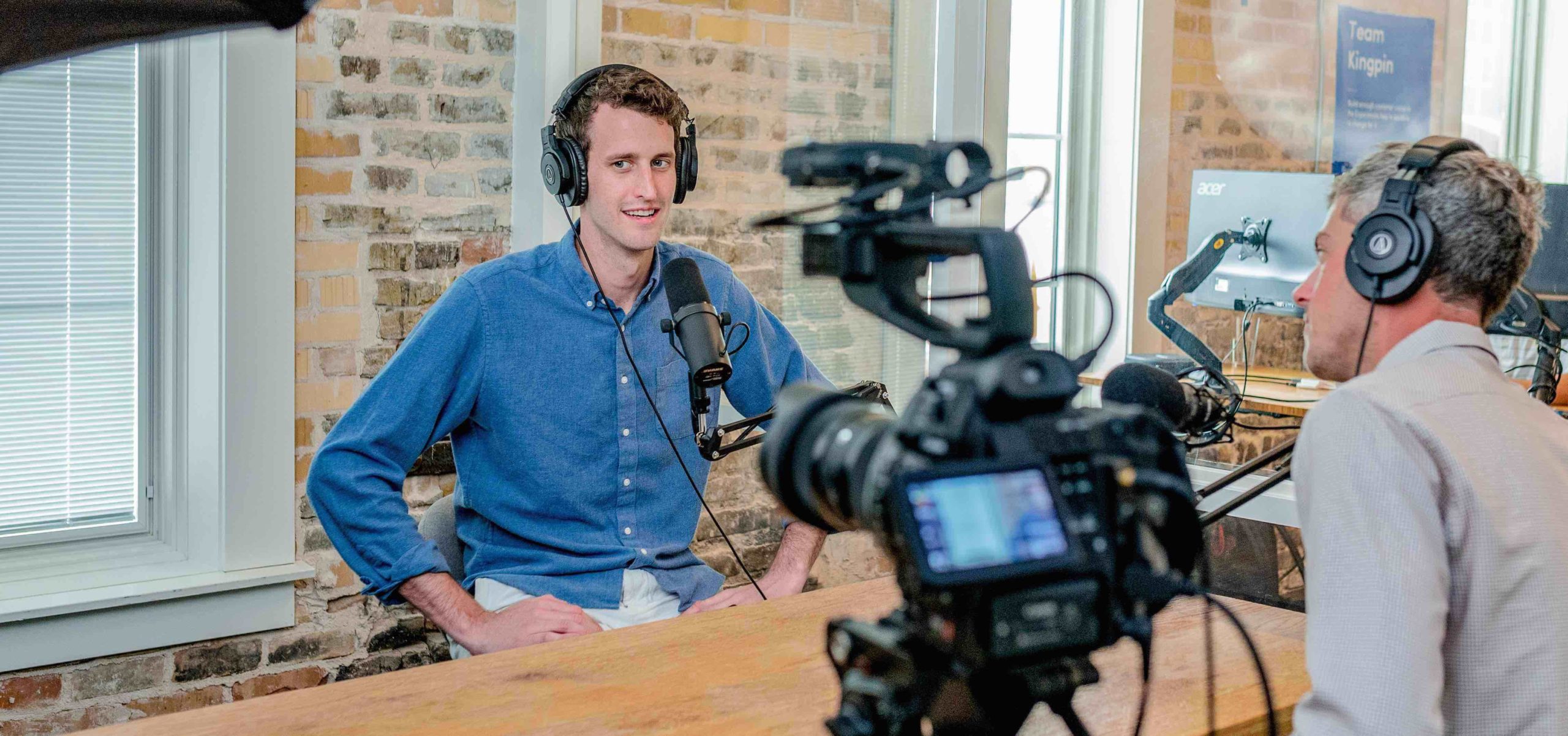
The ultimate goal of a podcast guest appearance is to build awareness of your business and showcase your expertise. Nearly one in five Americans consume news by listening to it, and the average podcast listener is loyal, affluent and educated.
Mike Milano, a commercial real estate broker with our client Colliers International Tampa Bay, recently did a guest appearance on the Real Crowd podcast, which reaches an audience of real estate investors, prospective investors and commercial real estate industry leaders. He commented on things to think about in making a quality commercial real estate investment, using his years of experience to talk about the current market climate and what commercial real estate investors are looking for.
Consider a few insights from some of our clients' guest appearances to decide if a podcast guest appearance is worth your time:
1. Seek out podcasts that run summaries or transcripts online. See if the podcast offers summaries of the segment with your name and, ideally, a link back to your website.
Some podcasts also post show notes or a transcript with the episode, which will show up in search engines when someone searches your name or your company’s name. It also gives you a better chance of reaching a broader audience after the segment airs.
2. Offer the most important information at the beginning of the show. Only one in three podcast listeners tune in to an entire episode, and many listeners drop off after the first few minutes of a recording. Plan to convey your most important points at the beginning.
Many podcast hosts will provide you with the interview questions ahead of time. Take advantage of this by jotting down your talking points for each question, and by thinking of interesting examples or stories that draw on your own experience to bring life to the interview.
3. Get comfortable digging deep. A podcast worth your time will be closely related to your expertise. Chances are, the audience already has a deep understanding of your subject matter, so don’t be afraid to get specific in your talking points.
For example, our client Revenue Management Solutions (RMS) recently appeared on a restaurant industry podcast called Working Lunch, catering to restaurant operators and industry leaders. RMS’ Jeremy Bess went deep into restaurant recycling and sustainable practices, talking about how these initiatives impact customers and restaurant operations in a positive way.
4. Grow the audience for the podcast appearance yourself. After the episode airs, share the podcast on your company’s website along with a detailed written summary. Then share it on your company and your social media channels.
